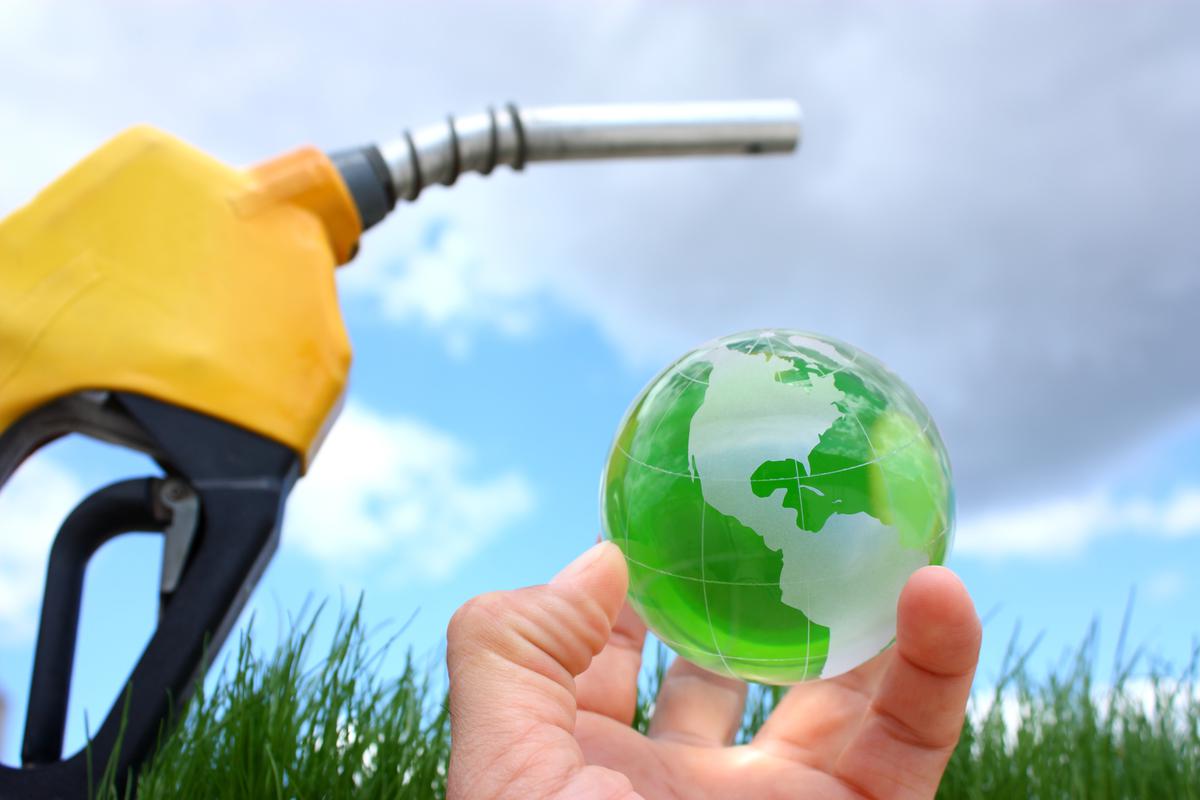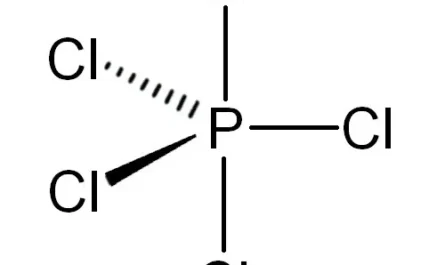Brazil has been at the forefront of sugarcane ethanol production for years now and is considered the king of sugarcane ethanol. This article delves deep into Brazil’s sugarcane ethanol industry under several headings.
History of Ethanol in Brazil
Brazil’s sugarcane ethanol industry has its roots way back in the 1930s when the government started promoting ethanol as a gasoline additive or replacement. However, it was in the 1970s when the oil crisis hit that Brazil ramped up efforts to develop its ethanol industry to reduce dependency on oil imports. The Proálcool program was launched in 1975 with the aim of replacing gasoline with ethanol. This helped Brazil emerge as the largest producer and consumer of ethanol in the world by the late 1980s.
Even today, sugarcane ethanol production is deeply entrenched in Brazil’s economy and culture. From providing economic opportunities in rural areas to helping tackle issues like climate change, ethanol is considered one of Brazil’s biggest success stories. The country meets over 50% of its vehicle fuel needs through sugarcane ethanol today, a major achievement.
Massive Scale of Production
Brazil stands out for its large-scale production of sugarcane ethanol. It cultivates around 9 million hectares of land for sugarcane every year across five states mainly São Paulo, Goiás, Mato Grosso do Sul, Paraná, and Minas Gerais. This produces over 600 million tons of sugarcane annually which yields around 30 billion liters of hydrous ethanol.
In addition, Brazil Ethanol is also a leading exporter of anhydrous ethanol. It exports between 1-1.5 billion liters every year, mainly to the United States. Brazilian sugarcane fields and ethanol production plants are truly massive in scale. For instance, the largest ethanol plant Raízen has a production capacity of over 2 billion liters per year. Such scales have helped drive down production costs over the years.
Advanced Technology
To maintain its global leadership, Brazil continuously invests in advanced research and development for sugarcane varieties and ethanol production technology. Brazilian researchers have developed highly productive sugarcane varieties with faster growth rates and higher sucrose content. Apart from this, Brazilian ethanol mills employ the most advanced processing technologies.
Some key technologies include high-efficiency mills with cogeneration capabilities, continuous fermentation processes, low-cost cellulosic ethanol production techniques. Brazilian ethanol is now the cleanest globally with low carbon footprint scores. Ongoing research is focused on 2G ethanol from bagasse and trash as well as 3G algal ethanol. All these efforts have kept Brazil as the global cost leader in sugarcane ethanol production.
Environmental & Economic Impact
The massive scale of Brazil’s sugarcane ethanol industry has had several positive environmental and economic impacts. From an environmental point of view, sugarcane absorbs massive amounts of carbon dioxide during its growth phase thus making ethanol a carbon-neutral or carbon-negative fuel. Estimates suggest Brazil’s ethanol program has reduced greenhouse gas emissions by over 250 million tons of carbon dioxide annually.
On the economic front, sugarcane is grown across different Brazilian states generating millions of jobs, income and tax revenues. The ethanol industry is a major driver of investment and foreign exchange for Brazil. Ethanol exports alone brought $3.6 billion to the country in 2019. Rural incomes have grown significantly. Ethanol also provides a stable source of income for farmers and factories throughout the year unlike other seasonal crops.
Policy Support
Strong policy support from the government has been instrumental in Brazil becoming the ethanol production powerhouse that it is. The National Alcohol Program or Proálcool in the 1970s injected billions into research, infrastructure development and consumer subsidies which led to the flex-fuel revolution. Even today, Brazil maintains blending mandates where all gasoline must have at least 27% hydrous ethanol blended.
excise duty breaks are provided on pure hydrous ethanol to make it competitively priced against gasoline. There are also mechanisms which stabilize ethanol prices when sugar prices rise ensuring a minimum purchase price for mills. Going forward, the government targets boosting ethanol’s share in the transportation sector to over 70% by 2030 through flex-fuel vehicles and infrastructure expansion.
Challenges Ahead
While Brazil dominates global ethanol production, certain challenges exist. Maintaining high sugarcane yields sustainably is difficult given the scale of cultivation. Heavy use of nitrogen fertilizers and pesticides leads to environmental issues. Land use changes due to expanding sugarcane also causes conflicts. High production costs and investment needs pose barriers to entry for new players. Transportation bottlenecks can arise.
Rising oil prices make ethanol more competitive but falling prices do the reverse. Trade wars and subsidies in other nations can hurt exports. Limited engine configurations that cannot run on hydrous ethanol restrict consumption growth in vehicles. However, Brazil’s strong R&D focus, cost advantages, experience and policy support have helped it overcome challenges so far and will continue to do so in future as well.
To conclude, Brazil’s successful ethanol program through massive-scale production, advanced technology, supportive policies and economic & environmental benefits make it globally unmatched in sugarcane ethanol. It will continue to innovate and invest to maintain its leadership. Other countries are catching up fast but Brazil is here to stay as the King of Ethanol with its multi-decade headstart in experience, infrastructure and production ecosystems for sugarcane ethanol.
*Note:
1. Source: Coherent Market Insights, Public sources, Desk research
2. We have leveraged AI tools to mine information and compile it.



